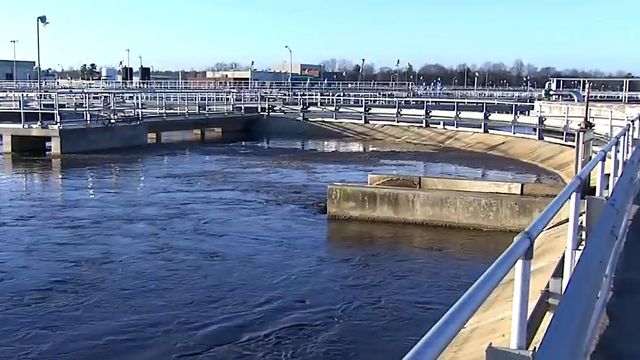Campuses fight COVID with 'wear, wait, wash' and flush
College campuses across the state and country quickly pulled the plug on in-person instruction following coronavirus outbreaks. In many cases, students were also sent home. The University of North Carolina at Charlotte hopes to avoid that same scenario when in-person classes start up in October. The school says poop may be the solution.
Posted — Updated"This might be a way to actually get ahead of when we can diagnose cases," says researcher Dr. Cynthia Gibas of UNC-Charlotte. She is leading an effort to test on-campus wastewater to find coronavirus before it spreads. "You’ll see virus that has been shed by people who don’t know they’re sick yet," explains Gibas.
Her team will collect wastewater from 17 dorms and three Greek houses several times a week. They’ll then test the samples for signs of Covid and act if there’s a positive. According to Gibas, "If we were to find a signal in a dorm building, we could notify the students that were there and say, ‘Hey, you should come in and get tested.’"
Charlotte is among about a dozen schools taking the fight to COVID through wastewater and so far, there have been positive results.
"What we really need to find out is who are the people that are asymptomatic and positive. This use of wastewater epidemiology is going to be really important," says Dr. Robert Robbins, the president of the University of Arizona. Last month, water showed signs of COVID at a dorm there. The school acted quickly and likely stopped an outbreak, says Robbins.
"We went over, we tested all the students and staff that work there at Likins, and we found two positive cases which we moved over to isolation. So, we think this is going to be a very valuable to help us get out in front," he said.
The testing can even detect the concentration of the novel coronavirus.
Scientists like Gibas hope their work will eventually give health experts even answers.
She is asking, "When we see this much signal, what does that mean, how many people might we be looking for?"
But for now, just finding the virus may keep UNC-Charlotte open, unlike other state schools.
"We really just really want to get back to normal operation, or as close to that as we can while this is going on, and this might be one way we can do that," explains Gibas.
The school paid for the collection and testing supplies with money from the CARES Act. There’s hope to expand the testing program to popular off-campus student housing complexes if the school can find the money.
Related Topics
• Credits
Copyright 2024 by Capitol Broadcasting Company. All rights reserved. This material may not be published, broadcast, rewritten or redistributed.





